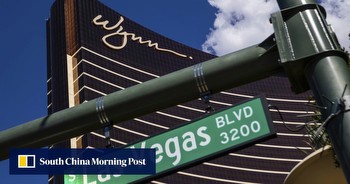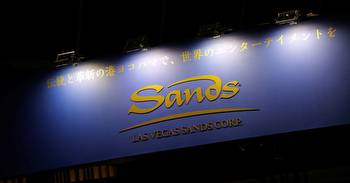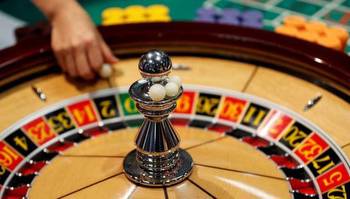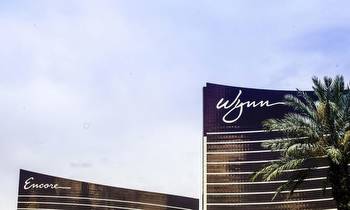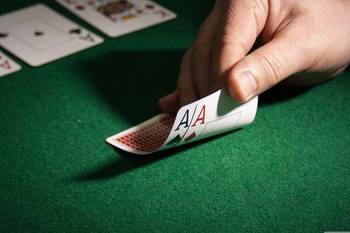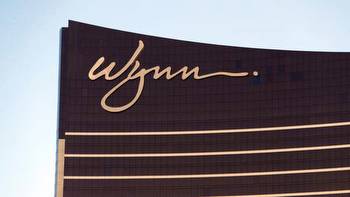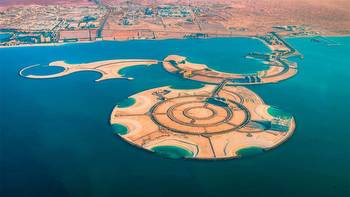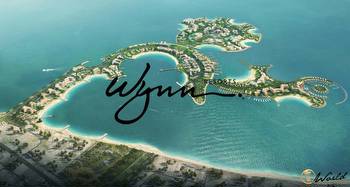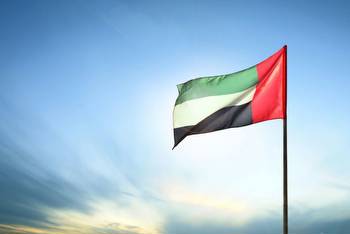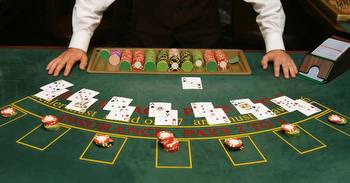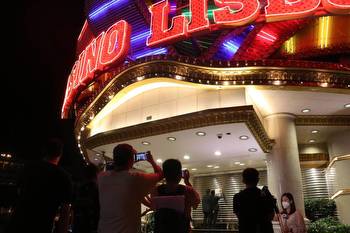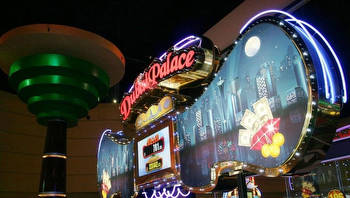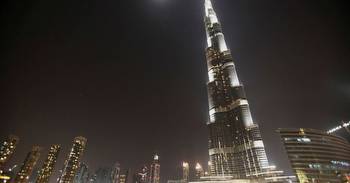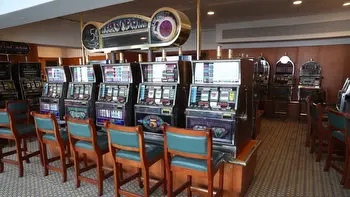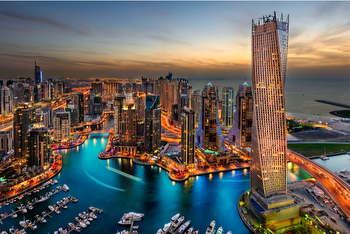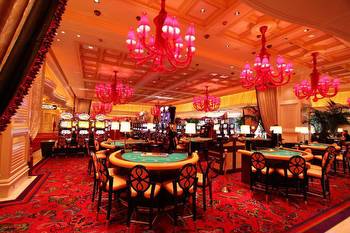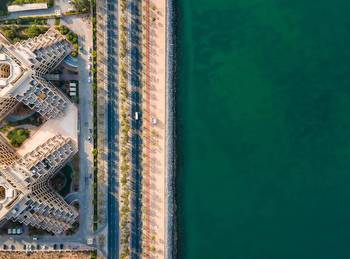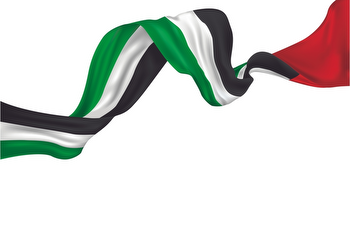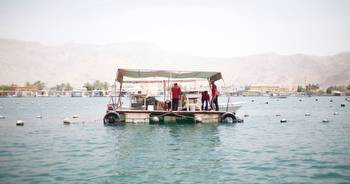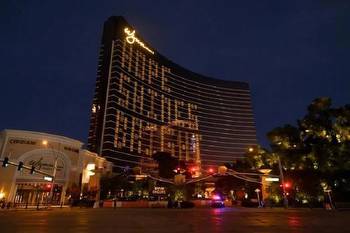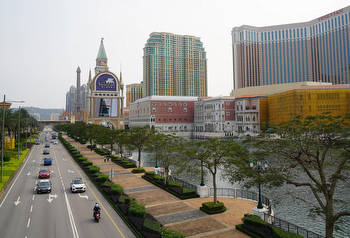Dubai may become ‘Las Vegas of the Middle East’
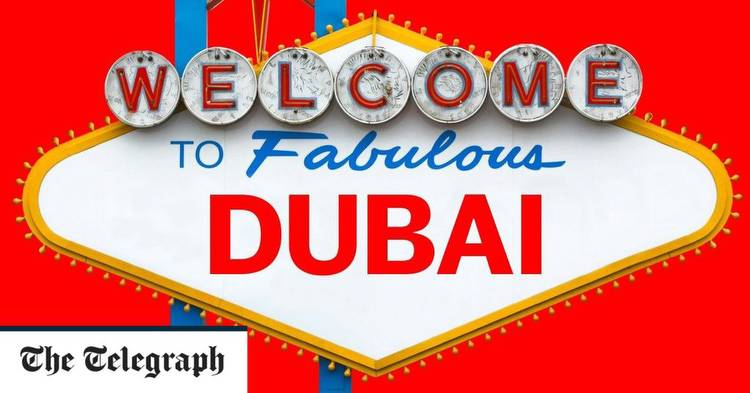
“It’s an exciting time for the UAE,” said Andrew Tottenham, the managing director of the international gaming consultants Tottenham and Co. “I don’t think this decision was taken lightly. I’m sure there are people who are not positive about this move.”
Islam prohibits gambling and, under current regulations, anyone caught gambling within the UAE could face up to two years in prison. Industry insiders say that Emirati authorities are discussing caveats to make decriminalisation more amenable to its religious critics, such as prohibiting Emirati citizens from entering casinos.
The move towards legalising gambling “is a natural step if you look at what Dubai has become”, said Tottenham. The UAE is investing heavily in tourism as part of an ongoing diversification effort away from an oil-based economy amid competition from other growing Gulf states such as Saudi Arabia.
Last year, tourism accounted for nine per cent of the Gulf nation’s GDP, netting 167 billion UAE dirhams (£36 billion). By 2031, the government hopes to increase this to 450 billion dirhams (£97 billion).
Tottenham said that the introduction of resort-style casinos would fit well with the UAE’s current model for attracting high-spend visitors. “Within a four-hour flight time, there’s a lot of wealth,” he said. “Already, Dubai is a destination. This is just an extension of that strategy and it will attract an adult market.”
Gaming analysts believe that the Emirates’ potential annual gambling revenue could top $6 billion (£4.76 billion), not far off the record $8.3 billion (£6.58 billion) raked in last year on the Las Vegas Strip. “It’s a pretty good market,” said Tottenham.
But analysts warn that the comparison to Vegas may be inaccurate. “People fly to Las Vegas because it’s Las Vegas,” said Tottenham, “and people will fly eight hours, 10 hours, 12 hours.”
The UAE might not draw the same numbers – and it may not want to.
Unlike Las Vegas, the UAE is likely to target “high-end, high-net worth individuals,” said Paul Girvan, the CEO of PKC Gaming and Leisure Consultancy. “It’s going to be table-game heavy rather than slot heavy.” Girvan also suspects that future Emirati casino-resorts could focus more on dining and theatre shows than on drinking and gambling.
A better comparison might be with Singapore, which legalised gambling to establish two high-end casinos in 2010: the Marina Bay Sands and the Resorts World Sentosa. Unlike the libertine gambling atmosphere promoted in Las Vegas, in Singapore, gamblers can be fined 1,000 Singaporean dollars (£585) for smoking and local, low-income gamblers can only enter a number of times a year.
And there is no guarantee that Dubai will become the national focal point for gambling. In April this year, Wynn Resorts unveiled plans for the first hotel in Emirati history with gaming facilities. The $3.9 billion (£3.09 billion) resort is scheduled to open in 2027, not in Dubai or Abu Dhabi, but in the small northern emirate of Ras al Khaima.
The resort will feature a high-end “shopping esplanade”, an events centre and a theatre. Wynn Resorts says that the hotel’s gaming floor will take up just four per cent of its total size. But in an interview with Reuters last year, Craig Scott Billings, the company’s CEO, said that the hotel’s casino “is shaping up to be somewhat larger than Wynn Las Vegas”.








